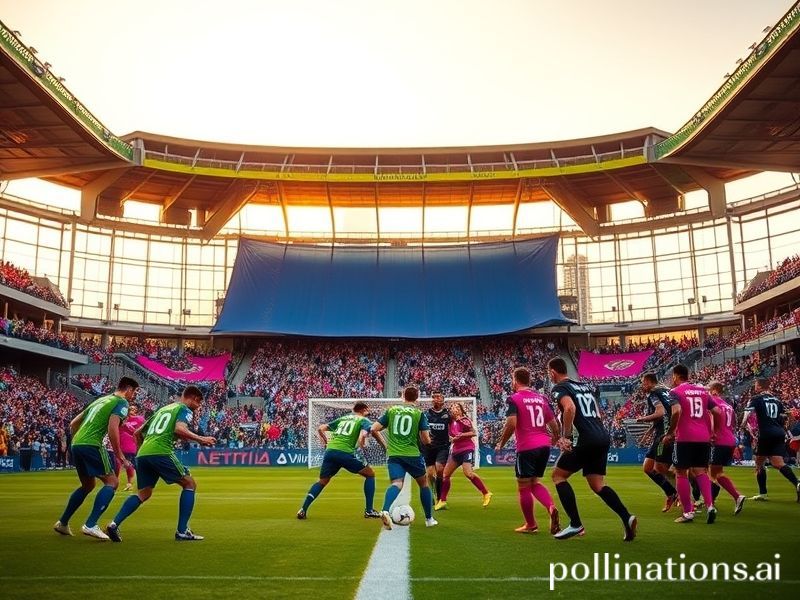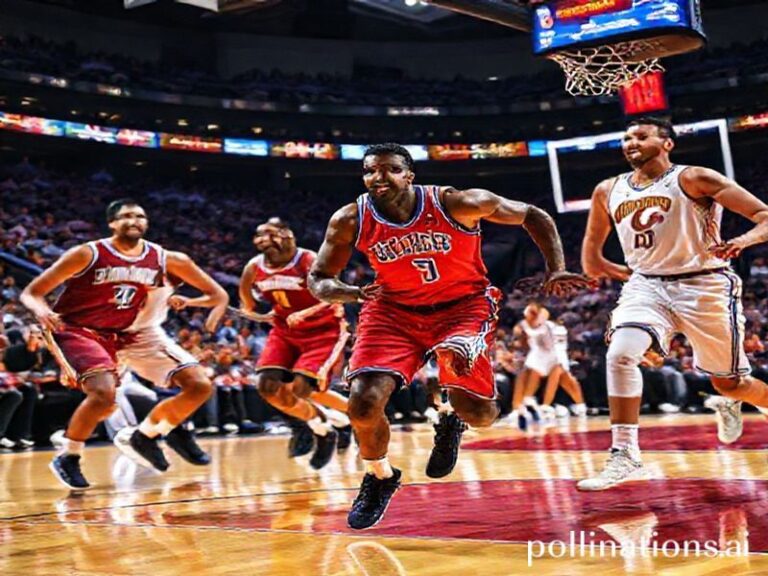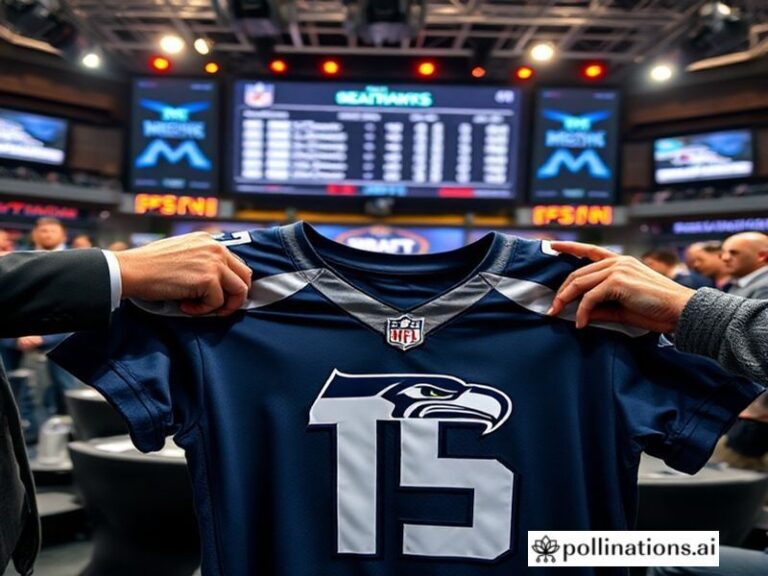Seattle vs Miami: When Global Capitalism Puts on Shin Pads and Whistles for Kickoff
Seattle Sounders vs Inter Miami: A Cold War in Short Pants
By Our Man in the Departure Lounge
The chartered Gulfstreams began stacking above Sea-Tac early Thursday—Brazilian pilots, Qatari catering, and enough carbon credits to make a small Nordic country blush. Below, two soccer teams prepared to re-enact the great ideological battles of the 20th century, only with better hair product and VAR. Seattle Sounders versus Inter Miami is billed as MLS fixture #867 of 1,034, yet satellites from three continents repositioned to watch. Somewhere in Geneva, a Swiss bureaucrat updated the “pointless but lucrative” ledger and felt a warm, neutral glow.
Let’s dispense with the obvious: yes, one club is owned by a grinning consortium of tech barons who treat transfer fees like server upgrades, while the other is the plaything of a grinning consortium of Beckhams who treat everything like a perfume launch. Capitalism has many faces; tonight it wears shin pads.
For the international viewer, the match is less about tactics than about narrative freight. Seattle carries the banner of organized supporter culture—Emerald City Supporters sing in three languages, recycle their beer cups, and once unionized the drum circle. Miami, meanwhile, is the league’s designated chaos agent: a roster that mutates faster than a hedge-fund portfolio, lurching from Gonzalo Higuaín’s retirement belly to Lionel Messi’s three-month vacation in cleats. One side believes in process; the other believes in the next WhatsApp voice note from Rosario.
Bookmakers in Macau opened the line at “existential dread, pick ’em.” London’s hedge funds shorted possession-based metrics and went long on shirt sales. In Lagos, viewing-party promoters promised “a taste of American soft power with complimentary jollof,” while Tokyo sports bars scheduled the 4 a.m. kickoff between drone-racing highlights and a rerun of last week’s parliamentary brawl. The global village has many kiosks, and they all sell this game.
The geopolitics are deliciously petty. When Messi skipped Hong Kong but played in Riyadh, Chinese state media declared him “a capitalist mirage.” When Seattle’s Jordan Morris spoke about housing insecurity, American talk radio called him “a socialist mirage.” Somewhere in the metaverse, both mirages are probably NFTs now.
Yet beneath the branding, human beings still perform. Seattle’s midfield presses like an overachieving intern, convinced the promotion is just one more sprint away. Miami’s back line defends with the languid fatalism of people who’ve already checked Zillow for beachfront property. Watch carefully and you’ll see late capitalism playing out in micro: one side optimized to within an inch of its spreadsheet, the other curated for maximum scroll-stoppage.
And the fans? They pay in currencies both fiat and emotional. A Sounders diehard will tell you, deadpan, that he refinanced his condo for season tickets but “it’s fine, the espresso machine in the concourse is worth it.” A Miami supporter might confess she flew in from Buenos Aires, stayed four hours, then flew back—cheaper, somehow, than a direct ticket to see River Plate. No one suggests this is rational; no one is asked to.
The match ends, because entropy eventually sublets even the loudest stadium. If Seattle wins, the Pacific Northwest will hum with smug hydropower; if Miami does, Floridian real-estate brochures will feature an extra grainy photo of Messi looking pensively at wetlands. Neither outcome will dent methane emissions, student debt, or the fact that the world’s 12 largest navies are currently shadowing one another over undersea internet cables. But for 90 minutes plus stoppage time—generously padded for Apple TV ad breaks—11 versus 11 offers the illusion that something, somewhere, is still being settled by foot rather than drone.
As the jets lift off back toward Davos or Dubai, the stadium lights dim. A lone seagull circles the Space Needle, indifferent to both victory and venture capital. Someday, perhaps, we’ll learn to migrate that gracefully. Until then, we have season tickets.







